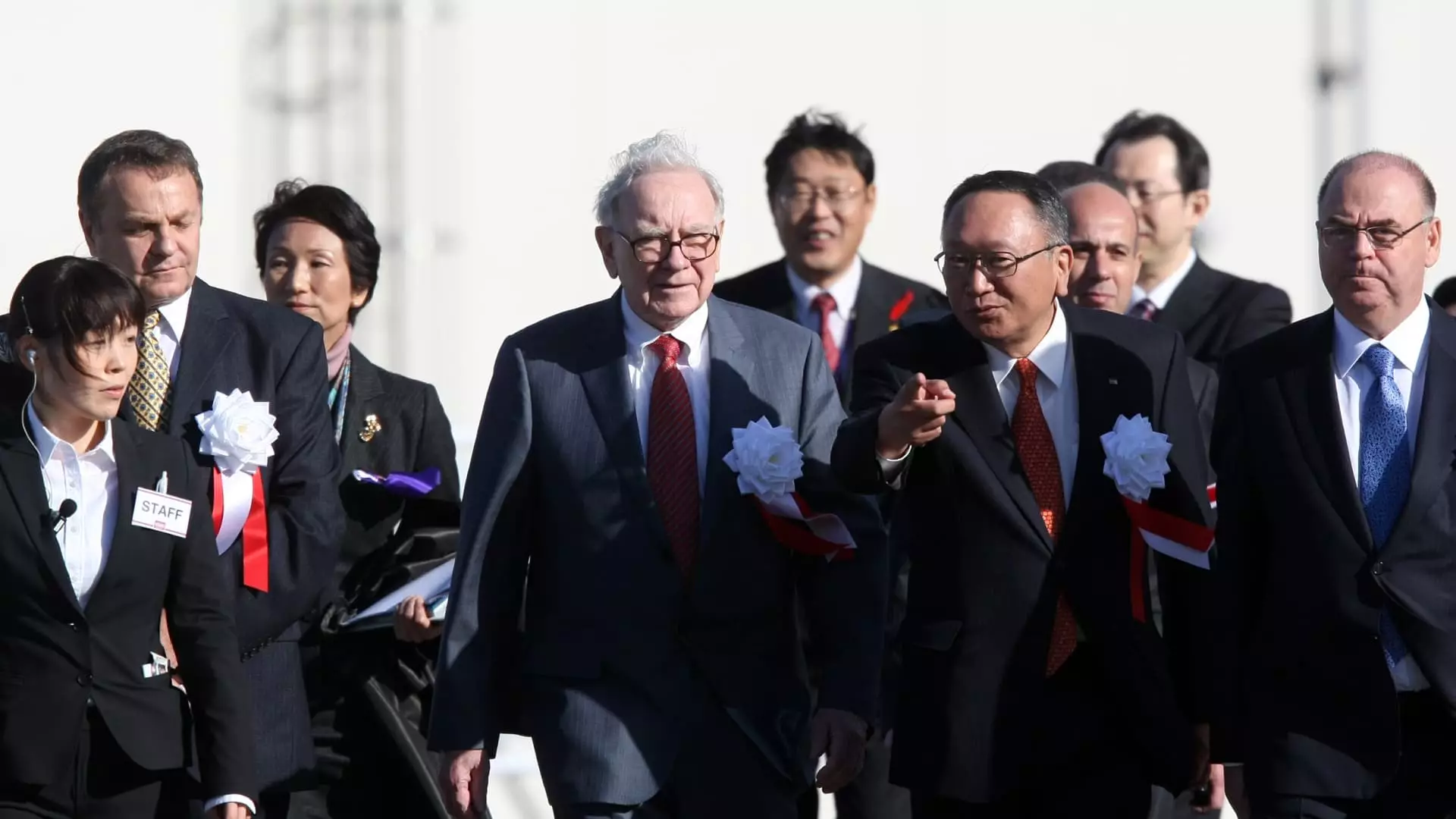Berkshire Hathaway’s dedication to its Japanese investments marks a significant long-term strategic pivot as disclosed in Warren Buffett’s recent letter to shareholders. Initially, Berkshire maintained a self-imposed cap on its stock ownership at 10% for each of the five major Japanese trading houses—Itochu, Marubeni, Mitsubishi, Mitsui, and Sumitomo. However, in a notable shift, Buffett revealed that these companies have consented to increase this limit, facilitating an opportunity for Berkshire to amplify its stakes. This decision underscores Buffett’s unwavering confidence in the potential of these firms and their alignment with Berkshire’s investment philosophy.
Investing in Japanese trading houses aligns well with Berkshire’s diversified portfolio approach. Known as “sogo shosha,” these companies mirror Berkshire’s own investment model by engaging in varied sectors both domestically and internationally. This allows Berkshire to leverage their collective expertise and increase its foothold in the Japanese market. Buffett, who first initiated investments in these entities in July 2019, has highlighted the management quality and strategic capital deployment as critical factors in Berkshire’s decision to deepen its investments. The favorable market valuation of these holdings reflects Berkshire’s long-term outlook, with current estimates placing their market value at $23.5 billion against an acquisition cost of $13.8 billion.
Notably, Buffett’s financial maneuvers include selling Japanese debt to finance these investments. This strategy not only showcases an astute understanding of market dynamics but also reinforces a focus on minimizing foreign exchange risks associated with currency fluctuations. The issuance of yen-denominated bonds helps anchor Berkshire’s investments against erratic currency shifts, a pragmatic step given the recent appreciation of the dollar against the yen, which has produced sizable after-tax gains. In total, Berkshire’s Japanese bond portfolio yielded an impressive $2.3 billion in gains, with 2024 alone contributing $850 million due to favorable market conditions.
Looking ahead, Berkshire anticipates a steady annual dividend income projecting around $812 million from its stakes in these Japanese trading houses. This expectation is a testament to Buffett’s resolve to maintain these investments for decades, ensuring continuity and stability for future generations at Berkshire. The careful selection of successor Greg Abel, alongside Buffet’s insights, points to a broader vision for collaborative opportunities with these companies that could pave the way for growth and expansion in future operations.
Recent Challenges and Market Performance
While the strategy appears robust, it’s important to acknowledge that the trading houses have faced headwinds over the past year, with notable declines in stock performance—particularly Mitsubishi, which has plummeted by 26%. Despite these challenges, Buffett’s confidence does not waver, reflecting an understanding that market fluctuations are inherent to long-term investments. This perspective emphasizes the importance of patience and resilience in capital deployment, a hallmark of Buffett’s investment ethos.
Berkshire Hathaway’s enhanced commitment to its Japanese investments signals a strategic long-term focus that aligns with its overarching investment philosophy. As the company navigates the complexities of global markets, the emphasis on thoughtful management, financial prudence, and a solid dividend strategy positions it well for sustained growth and future success.

